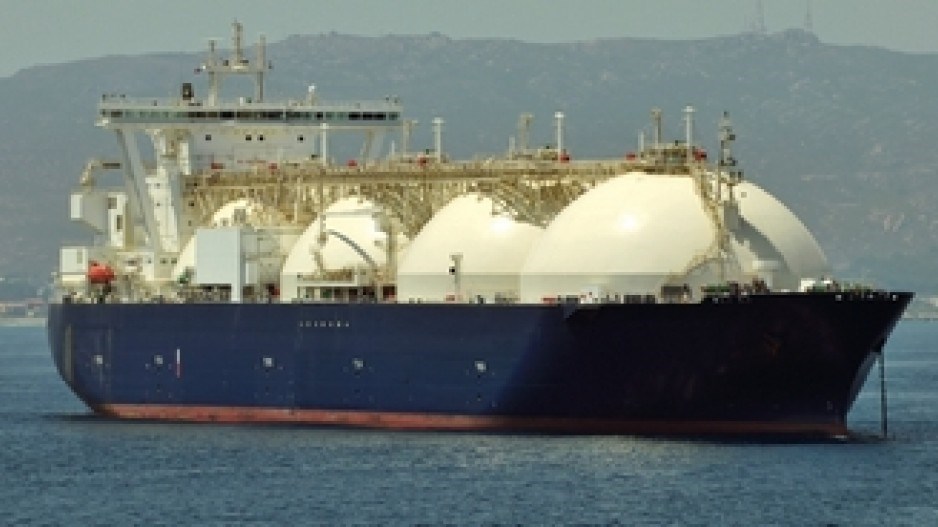B.C. Premier Christy Clark will have her work cut out for her this fall when she works on the details of an election promise to introduce a tax on proposed new LNG projects, according to a Calgary lawyer.
While there are several different options, “I think all of them have their challenges,” said Dion Legge, a partner with Norton Rose Fulbright, following a presentation last week to the DMG-hosted LNG forum on tax implications for LNG projects.
During the election campaign, Clark targeted revenues of between $130 billion and $260 billion over 30 years from an anticipated five LNG plants, with the objective of beginning to earn revenues as early as 2017, said Darren Hueppelsheuser, also a partner with Norton Rose.
The idea is to use the revenues to create a B.C. Prosperity Fund that initially would be used to pay down the government’s debt. The revenue would then be used for government services.
“Although it is referred to as the LNG tax, it is not entirely certain it will be a tax per se,” Hueppelsheuser told the forum.
In response to concerns about the tax, Clark has said that B.C. would be “the most competitive jurisdiction for liquefied natural gas anywhere in the word,” he noted. “There are a lot of competing objectives.”
The government has said it hopes to unveil details about the tax by the end of this year.
In developing the tax, one of the first questions that needs to be answered is what the government is trying to tax, Hueppelsheuser told the conference. “Are they trying to tax natural gas as a whole? Are they trying to tax the manufacturing of the natural gas?”
The government also will face the challenge of determining how the tax would apply to an LNG facility that is owned by a group of parties that own the natural gas and supply the uptake as well as to the ownership of a facility that acts merely as operator, he said.
“If the objective of the B.C. government is to get part of the tax uplift from domestic gas prices to LNG prices, how do they to impose that when it may not necessarily be a Canadian taxpayer that realizes that?”
In selecting an approach to the tax, one option is a new provincial income tax that would be simple to administer, said Hueppelsheuser. “The problem is that it is not really being targeted.”
If the idea is to raise money in the short term for the government, because a LNG projects are so capital-intensive there will be a number of years of construction and a number of years beyond that before they will be profitable, he said.
Published by dailyoilbulletin.com (subscription required)




